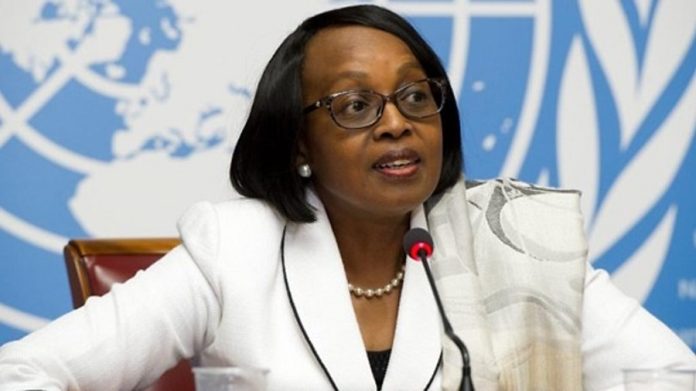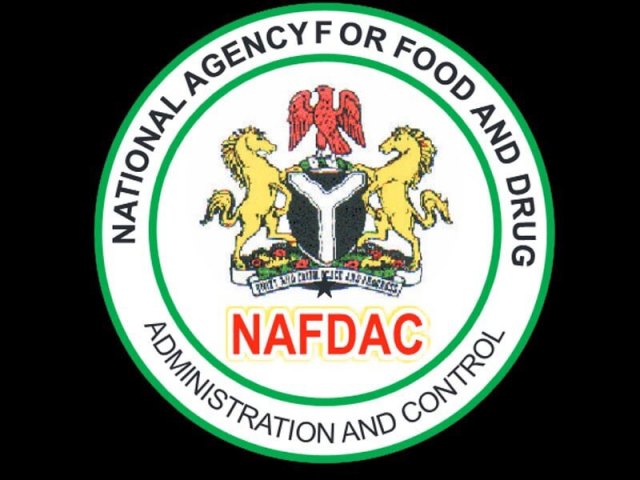The World Health Organization (WHO) Regional Director for Africa, Dr. Matshidiso Moeti, announces that seven African countries have successfully achieved the UNAIDS 95-95-95 HIV targets. These targets focus on diagnosing 95% of people living with HIV, ensuring 95% of those diagnosed are on treatment, and achieving viral suppression for 95% of those treated.
Marking World AIDS Day 2024, Dr. Moeti highlights Africa’s leadership in the fight against HIV, with 21.3 million individuals in the region now receiving antiretroviral treatment. The region’s progress is reflected in a 90-82-76 achievement rate, demonstrating substantial strides despite challenges.
Progress Amid Challenges
Dr. Moeti acknowledges the continent’s efforts in reversing the epidemic’s trajectory over the past decade, attributing success to initiatives that address interconnected issues such as poverty, gender inequality, violence, and stigma. She emphasizes that safeguarding human rights is essential for ensuring universal access to HIV care.
“The theme for World AIDS Day 2024, ‘Take the Rights Path: My Health, My Right!’, serves as a reminder of our responsibility to protect human rights while working toward the elimination of HIV by 2030,” she states.
Advances in Maternal Transmission Prevention and Biomedical Innovations
Botswana and Namibia achieve notable success in reducing mother-to-child HIV transmission, earning silver- and bronze-tier recognition under the “Path to Elimination of HIV” initiative.
Dr. Moeti also highlights Africa’s progress in adopting biomedical prevention methods, including pre-exposure prophylaxis (PrEP) in oral, injectable, and vaginal ring forms. She stresses the importance of ensuring these preventive tools are accessible to all through enhanced investments and supportive policies.
Tackling Stigma and Engaging Communities
Eliminating stigma and discrimination remains a priority, according to Dr. Moeti, who emphasizes the need for collective action to protect the rights of people living with or at risk of HIV. She calls for communities to be actively involved in creating strategies to address barriers to care.
“Stigma and discrimination must not undermine our progress. Protecting human rights and ensuring equitable healthcare access are fundamental to achieving an AIDS-free generation,” she asserts.
Strengthening Health Systems for Better Outcomes
Recurring disease outbreaks and weak health systems continue to challenge Africa’s HIV response. Dr. Moeti stresses the importance of integrated, person-centered healthcare systems to address the needs of vulnerable populations effectively.
“As we work to eliminate HIV, we must prioritize strong health systems and coordinated strategies that support our communities,” she explains.
Renewed Call for Action
Dr. Moeti urges governments, civil society, healthcare providers, and communities to renew their commitment to ending HIV. She calls on all stakeholders to ensure equitable access to care and uphold the rights of people living with or affected by HIV.
“World AIDS Day reminds us to reflect on our progress, address remaining gaps, and commit to ending AIDS as a public health threat,” she concludes.













